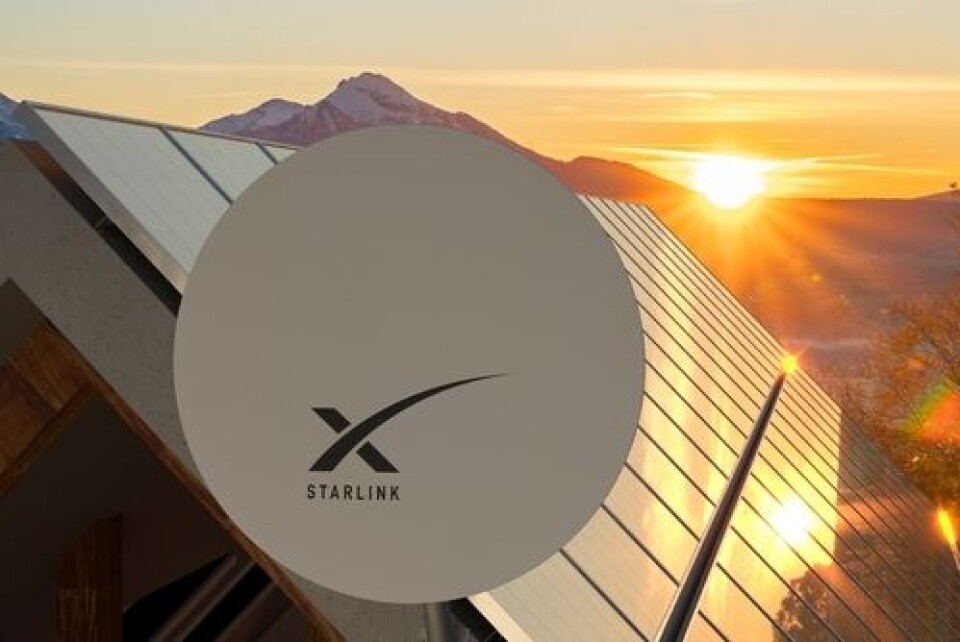
As Starlink’s internet service continues to navigate the intricate digital landscape of Africa, its entry into South Africa has not been without obstacles. Originally set to launch in 2023, the company owned by Elon Musk finds itself entangled in a maze of regulatory hurdles and prolonged negotiations, causing its South African debut to be postponed indefinitely.
For a tech giant that aims to dominate space, the terrestrial challenges of maneuvering through South Africa’s complex regulations have emerged as a significant obstacle.
With an official launch remaining elusive, the company recently issued a notice announcing it would terminate connections for all individuals and businesses utilizing Starlink in unauthorized locations.
This disconnection will impact roaming customers who registered their kits outside of South Africa but have continued to access the service within the country, where Starlink currently operates without a license.
The prevailing assumption is that Starlink’s licensing issues stem from the stringent requirement outlined in the country’s Electronic Communication Act, which mandates 30% black ownership equity for any company wishing to operate. This regulation has proven to be a persistent challenge for Starlink.
While challenges in South Africa seem relentless, the satellite internet company appears to be overcoming barriers in another neighboring country.
Starlink has officially commenced operations in Botswana, where it initially encountered similar obstacles. This launch marks the third African country to join the Starlink network within just this month, following successful introductions in Sudan and the upcoming launch in Ghana.
The debut in Botswana occurs three months after the Botswana Communications Regulatory Authority (BOCRA) granted Starlink its operating license, following a year of intense negotiations.
With traditional internet service providers struggling to deliver reliable connectivity, Starlink’s constellation of Low-Earth Orbiting (LEO) satellites in Botswana are set to be transformative, providing high-speed internet to even the most remote and underserved regions.
The service promises download speeds ranging from 50-250 Mbps, a significant improvement compared to Botswana’s current average of just 8 Mbps, as reported by the Ookla Speedtest Global Index.
However, accessing Starlink comes with a considerable barrier to entry, as hardware costs range from USD 600 to USD 2,500. This upfront expense can be a substantial financial burden for many potential customers, particularly in lower-income areas.